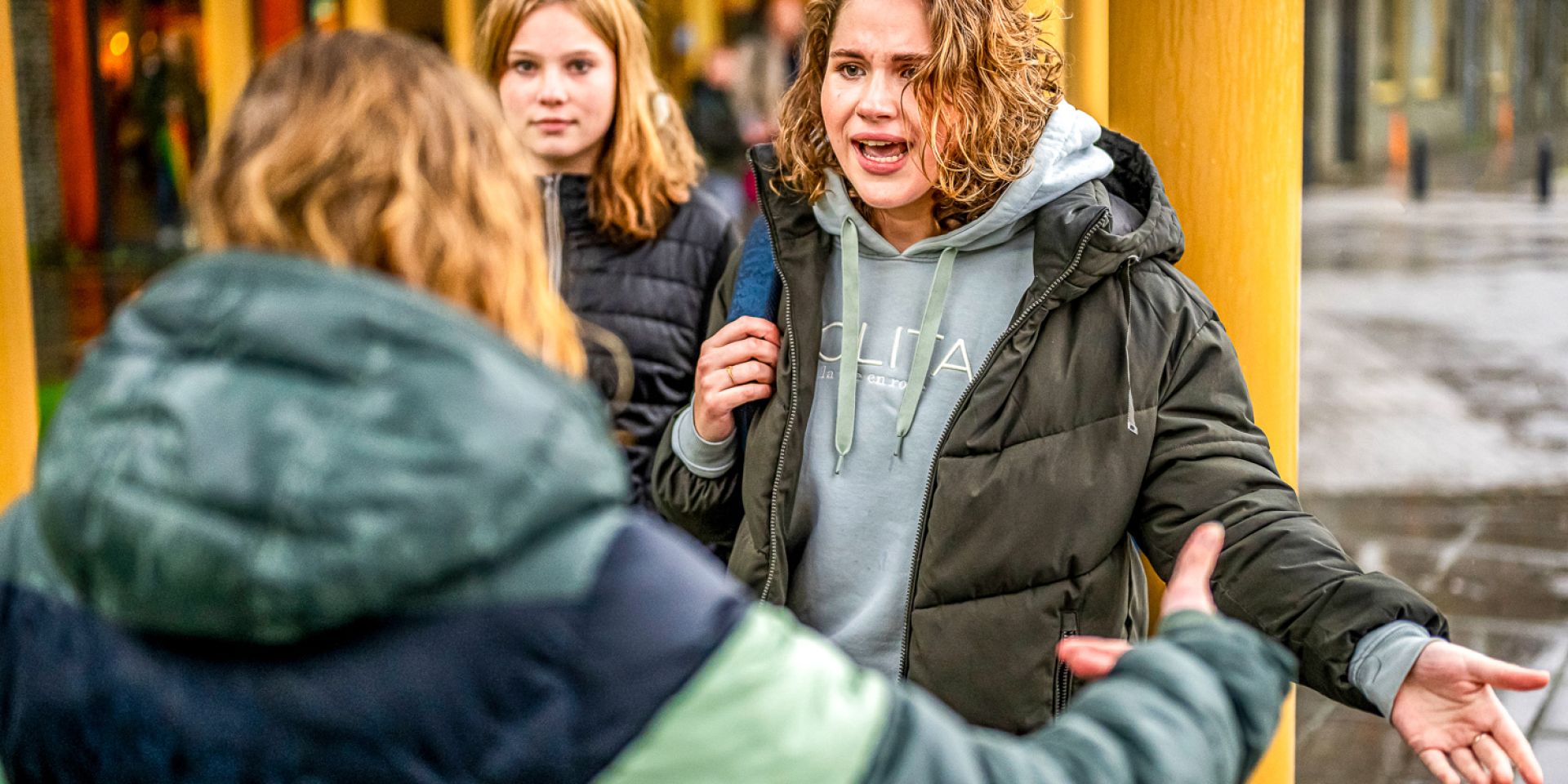
SCASS
Social Cognition in Autism Spectrum Disorders (ASD)
Youth with Autism Spectrum Disorders (ASD) often experience difficulties in their interactions with other people. To be able to improve care for people with ASD in the future, it is important to investigate the origin of these problems. Therefore, in this study we investigate how social information is processed in the brain of adolescents with and without ASD.
Background
People with ASD often experience problems during social interactions with others. For example, they might find it difficult to recognize the feelings of others, or they might make less eye contact. Especially during the adolescent life phase this might lead to problems, seeing as interactions with peers is especially important during this time.
Previous research has indicated that information processing might be altered in ASD. However, the exact mechanisms underlying this remain understudied. In SCASS, we invite adolescents with and without ASD to participate in our study. We will then compare the results between both groups. We hope that our results can contribute to better care for individuals with ASD in the future.
The research study
We will measure brain activity using electroencephalography (EEG). Participants will come to our EEG lab and perform several computer tasks while wearing an EEG cap. This cap contains sensors that can measure brain activity. This allows us to see how the brain responds to social information. In addition, the participant will complete a short IQ screening, a neuropsychological test battery and an interview with one of our researchers. Lastly, the participant and one of their parents are asked to fill our several questionnaires about the behavior and feelings of the participant. The total duration of participation is 5 hours.
Curious about how an EEG examination goes at Accare? Watch this short video!
Researchers
Elke de Jonge is a PhD student at Accare. Andrea Dietrich, Annelies de Bildt en Pieter Hoekstra are involved as senior researchers. This study is in collaboration with dr. Yvonne Groen of Rijksuniversiteit Groningen, Faculty Gedrags- & Maatschappijwetenschappen, and the Universitair Medisch Centrum Groningen.
Collaboration
We work together with the University of Groningen (RUG), the Faculty of Behavioral & Social Sciences and the University Medical Center Groningen.

